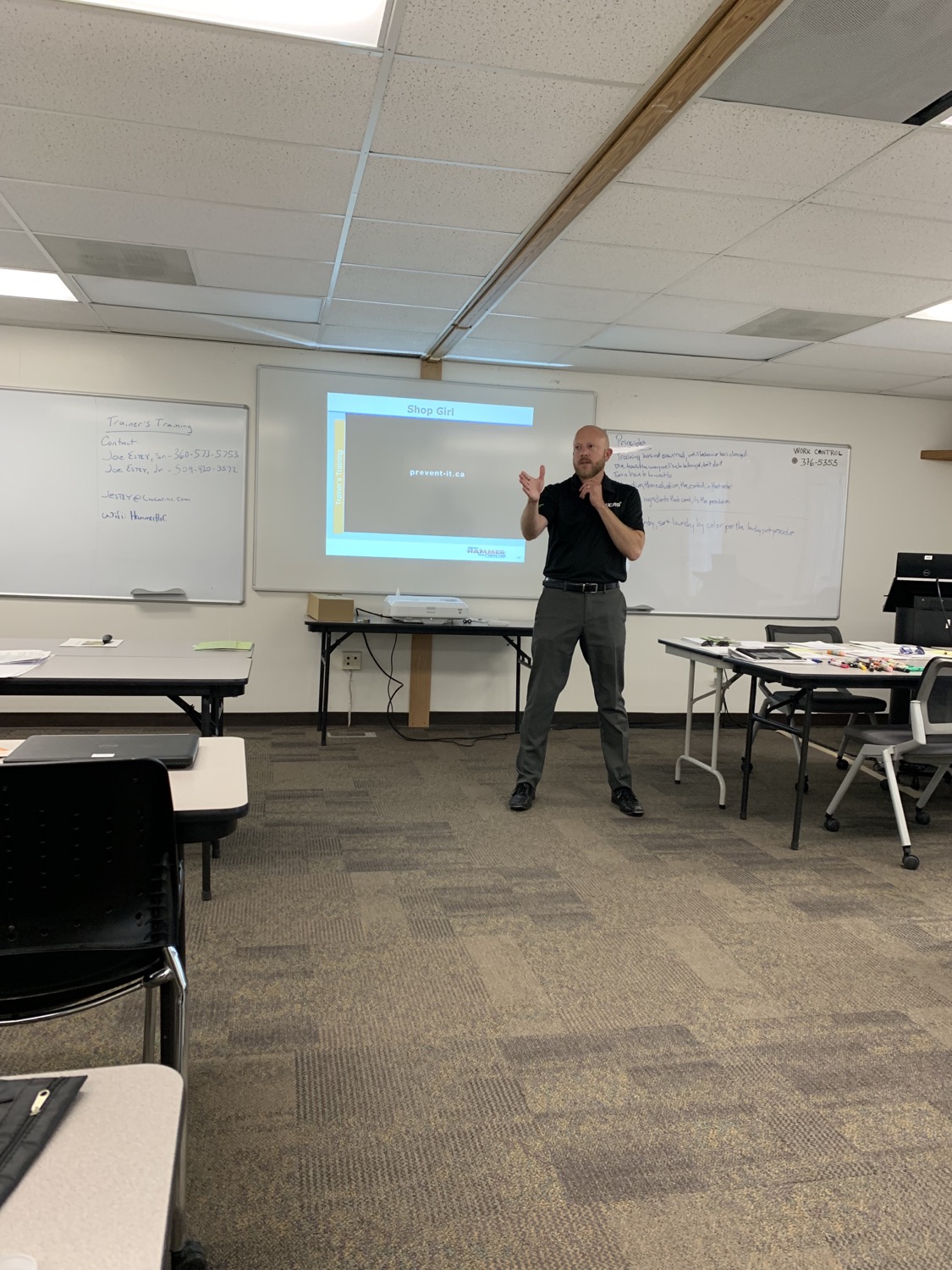A Culture of Change | Driving Change in the Way We Fly
- Lucas OPT

- Jan 29, 2021
- 2 min read
Long before employees were flying for Spirit Airlines, they were driving trucks for them. In 1964, Spirit Airlines was the Clippert Trucking Company. They managed to successfully navigate through an interstate’s worth of cobblestone streets and fly through airspace more turbulent than a class 5 hurricane. Spirit saw their “fare” share of change and were instrumental in writing, publishing and distributing the book on the way we fly & how we pay for our troubles…I mean travels.
Spirit certainly had their fair share of troubles along the way. In 1994, they managed to strand 1,400 customers due to a combination of overbooking & under communicating. In 2000, they wrote a check for $67K to the FAA for allegedly violating federal regulations. This was budget dust compared to the $80 million dollar loss they suffered from 2004 to 2005. Something needed to change. That change was Ben Baldanza; Ben knew a few things about change & culture.
Baldanza changed Spirit’s culture by using his past experiences with other airlines. He introduced Spirit to a new business model in use by the uber-low-cost airlines from around the world: “unbundling.” Spirit simply provided the cheapest flight available for customers to reach their destination...nothing more!
Baldanza understood customers didn’t want to subsidize the infrastructure required for a bag they would never check. Around 1/3rd of travelers only brought a carry on. They didn’t need ID tags, baggage handlers, carousels, scanning machines, vehicles to move baggage from terminal to aircraft and back again. And Spirit rocked it, with some of the highest aviation profit margins for 10 years.
Makes sense, right?
Sure. But passengers forgot how cheap the ticket was until they found themselves sitting in seats that didn’t recline, paying to use overhead bins, waiting excessively for flights and getting charged extra to sit with family members. With Spirit, the sky was the limit, everything else you got charged for and that became a problem.
Could Spirit stay this way? Nope. Spirit changed the traditional aviation business forcing their competitors to change as well…which they did. Frontier & Southwest responded to this threat by offering Spirit’s customers a choice to purchase cheap air fare but included the reclining seats. In turn, Spirit was forced to start upgrading their fleet of aircraft and start bringing back the very amenities they dumped in the beginning to keep airfares lower than the rest.
Our journey through this series has hopefully provided you with some thoughts on change & culture. We know change is going to show up on our front porch and we can either open the door to let it in, or we can watch it blow the door off the hinges. Either way, it’s coming to visit. The question is, “what’s the comparative cost between those options?” Look to the lessons learned by Ford, Coca-Cola and Spirit Airlines to help you answer that question from your own business perspective.






Comentarios